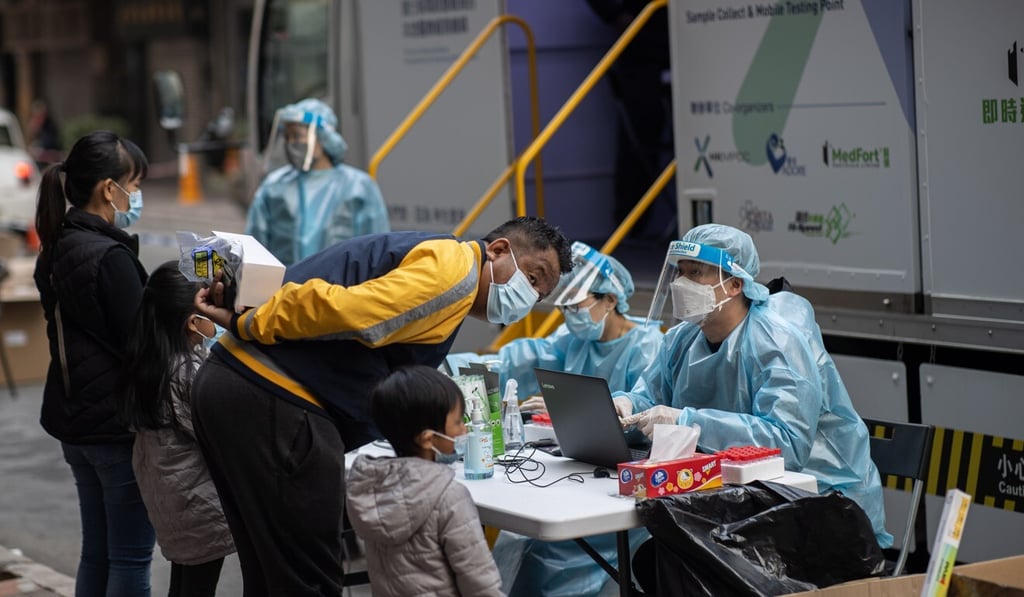Hong Kong fourth wave: new coronavirus infections back in triple figures, as health authorities express concern over Covid-19 spreading among ethnic minority communities
- A failure to observe social-distancing rules among residents of mostly South Asian descent are contributing to the spread of the disease, officials say
- But a worker for concern group Unison says singling out one part of the community for behaviour found across the city is unfair and culturally insensitive

News of the worsening situation came as a government-appointed advisory panel on Covid-19 vaccines recommended the approval of the Pfizer-BioNTech jab for emergency use in the city, paving the way for a scheduled mass inoculation campaign after the Lunar New Year.

Authorities ordered residents of seven more buildings in Yau Tsim Mong to undergo mandatory testing, while a senior health official linked the growing outbreak among families from ethnic minority groups to both their cultural backgrounds and social conditions, with many living in subdivided flats.
“They have many family gatherings and like to gather with fellow countrymen,” said Raymond Ho Lei-ming, head of the health promotion branch at the Centre for Health Protection. “They like to share food, smoke, drink alcohol and chat together. If it is without masks, the risk is high. They also need to share sanitary facilities with neighbours if the living environment is crowded.”